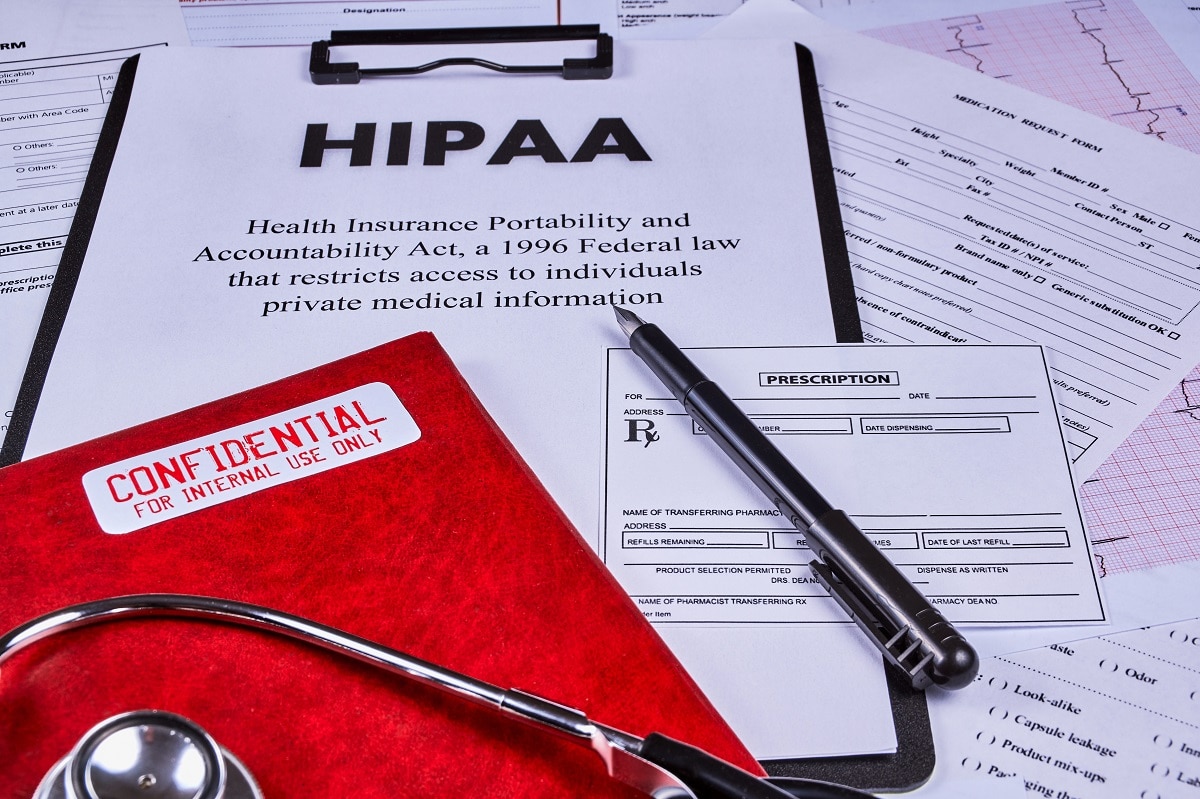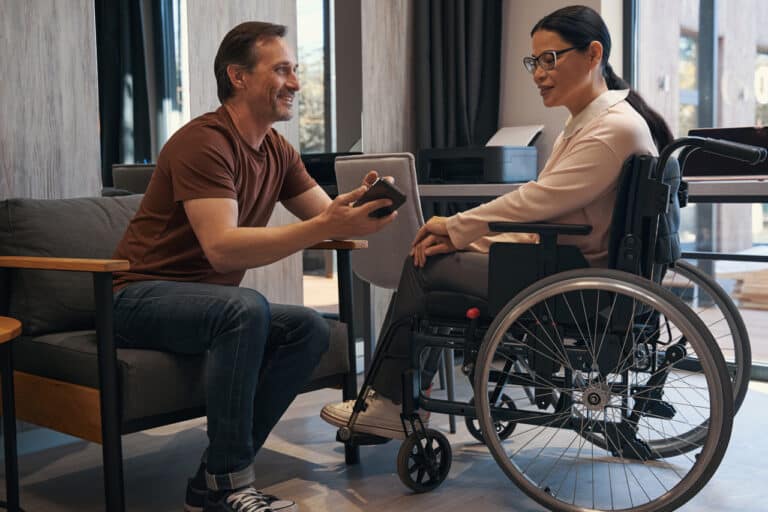The Health Insurance Portability and Accountability Act (HIPAA) is a legislative law that gives protection and security to medical information. The law is of great significance due to the cyberattacks and ransomware, which cause data breaches that inconvenience health insurance companies. But, when children, along with their safety, becomes involved, it’s crucial to understand how following HIPAA can help children keep their rights to information privacy.
In This Article
What Kinds Of Information Does The HIPAA Protect?
The HIPAA sets guidelines on the types of information that should remain protected for the best interest of minor patients. Here are the following pieces of information that must be secured:
- Important information provided by the doctors, nurses, and health workers, and which are included in the medical records
- Information about children in the hospital computer systems
- Verbally-shared information of the doctors, nurses, and others concerned about the care and treatment of children
- Children’s billing information
Who Must Comply With HIPAA Rules?
HIPAA compliance is required from all individuals, organizations such as health clearinghouses, and healthcare providers in charge of financial and administrative transactions. Such a requirement concerns electronic billing and transfers following standards approved by the Secretary under HIPAA.
Those who are assigned roles for the billing information must have security awareness and training in cybersecurity to prevent information breaches, cyberattacks, as well as malware and ransomware. These entities must also follow the requirements set by the HIPAA to protect private health information.
Furthermore, covered businesses that partnered with other companies that want to establish or keep healthcare needs, they must have a written agreement stating that they will follow the rules and the guidelines of the HIPAA and follow these strictly. The contract must also include their willingness to adhere to the privacy of protected health information.
The covered entities comprise doctors, dentists, psychologists, chiropractors, nursing homes, pharmacies, and clinics. Health plans also cover company health plans, HMOs, health insurance companies, and government health plans that pay for healthcare.
Where Does The HIPAA Apply?
HIPAA applies in all states, and most of these locations are putting minors under the care of their parents. The law gives parents access to their children’s protected health information (PHI). It also authorizes them to share the information with a third party.
The Department of Health and Human Services believes that parents can have access to their children’s medical records, but there are some conditions that can hinder such right, such as the following:
- The child didn’t request for the parents to become their representative
- The child has already given permission to a healthcare service
- The parents of the child can be denied access to information if the state they live in allows minors to request for a healthcare service without the consent of a parent or guardian, or of another person acting in loco parentis
- The child, an authorized person, and the court gave consent for the child to undergo treatment.
- You, the parent, signed an agreement that the medical information of the child will be kept from you

Other HIPAA Exceptions
While the HIPAA states that representation falls to the birth parents or guardians of minor patients, there are also exceptions to the rules. Here are the conditions that HIPAA will not acknowledge:
Abuse And Neglect
If a healthcare professional believes that the child is experiencing abuse, neglect, or domestic violence, medical information may not be released to the parents. The provider can exercise the right to withhold information from them or the guardians.
Mental Health Confidentiality
Abuse, domestic violence, and neglect can have a profound effect on the child’s mental health. If the child is too young, it may also worsen if they’re not able to get early intervention.
It’s of the utmost importance that minors feel safe and secure for their treatments to be effective. They’ll trust a healthcare provider with their thoughts, feelings, and behaviors, but they must also not experience any judgment or punishment.
Mental health also comes with confidentiality laws for minors. While the parents will approve of their child’s treatment, they may be denied information if the they gave up or lost their parental rights.
In Conclusion
HIPAA protects the welfare of children by placing them under their parents’ protective care. However, there are rules and regulations that parents and, entities must adhere to for the good of the children. Children have the right to prevent their parents from getting medical information if it makes them safe. Likewise, business entities must follow such guidelines to protect minors from anything that will endanger their lives.










![Home Renovation Guide [2025]](/app/uploads/2021/04/design-hacks-1-378x300.jpg)
